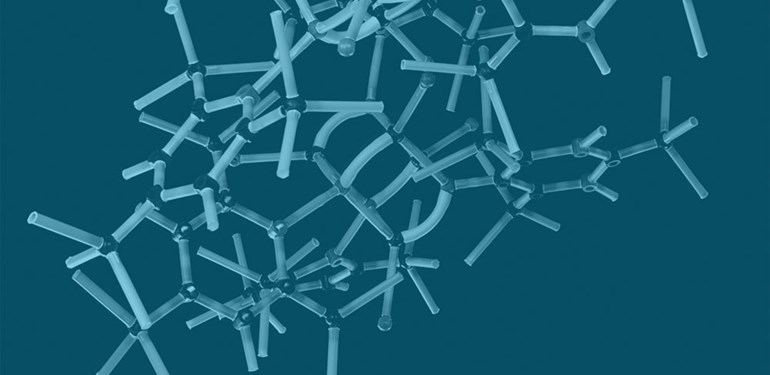Today's society can hardly be understood without understanding how technology affects us. Mankind has gradually become more and more embedded in a technological ecosystem that is today the basis of prosperity, and in many ways defines human experience. The technological development of the last century is unparalleled, and it is likely that the what we will experience in the 21st century will be even more important.
However, new technologies can come with problematic consequences when introduced in society. Potential social problems and risks associated with so called general technologies such as AI and biotechnology have already surfaced. It is therefor of great importance to analyze and understand the possible impacts that new technologies can have on society, in order to make it possible to prevent problems - or to at least detect them at an earlier stage.
This theme includes:
- artificial intelligence
- democratic legitimacy and AI
- biotechnology: risks and opportunities
- existential risks
Research leaders: Moa Bursell and Pontus Strimling


























